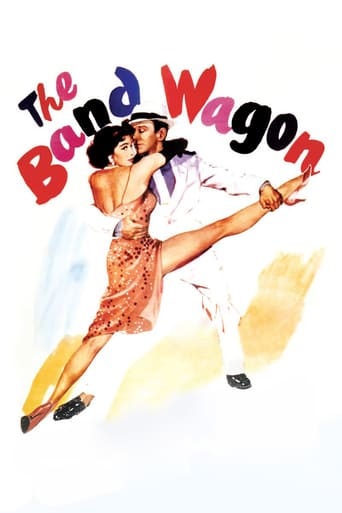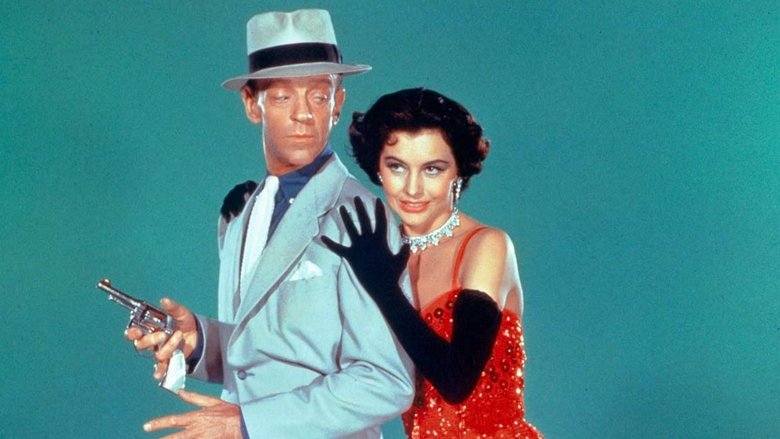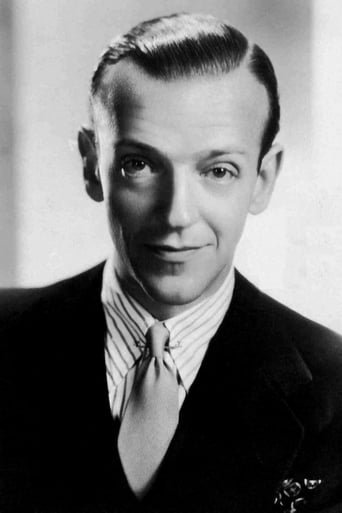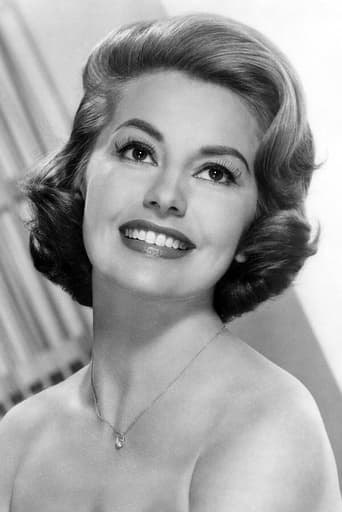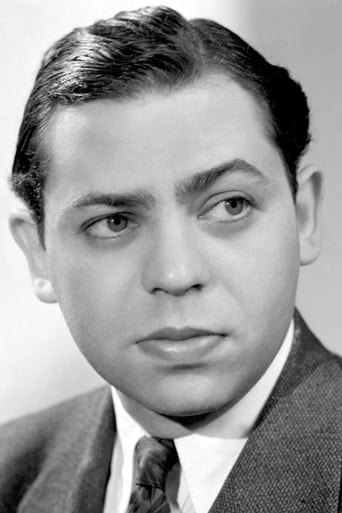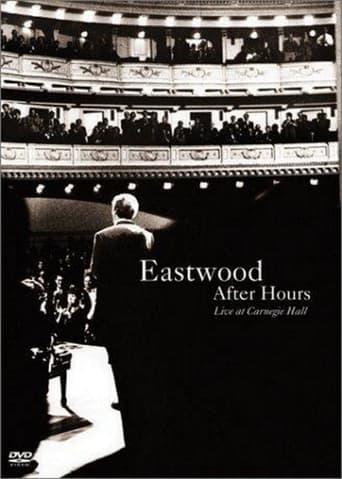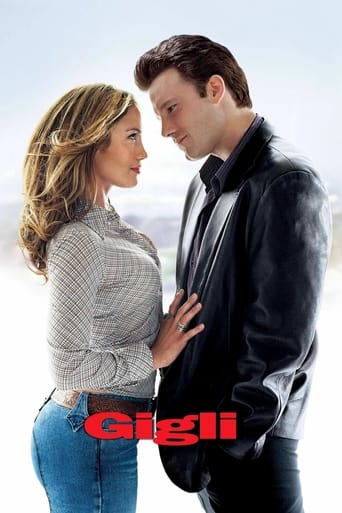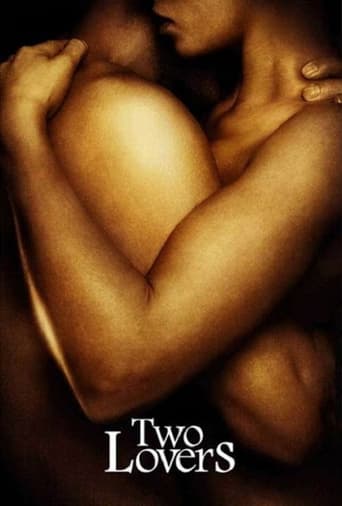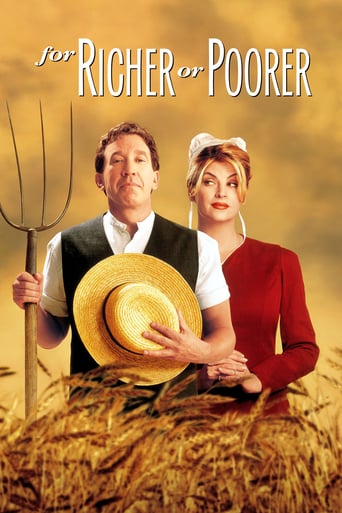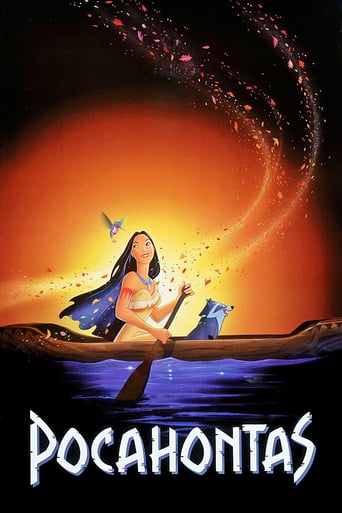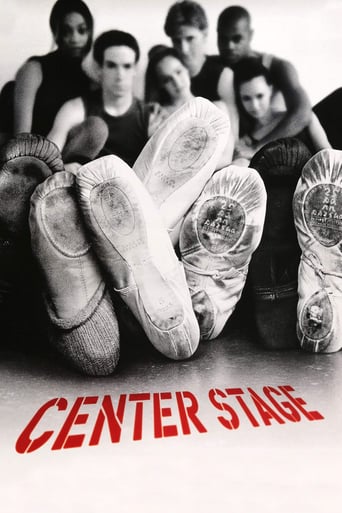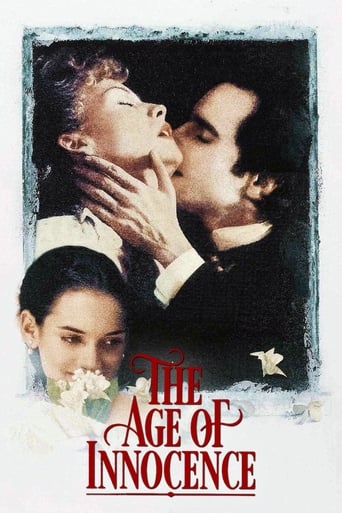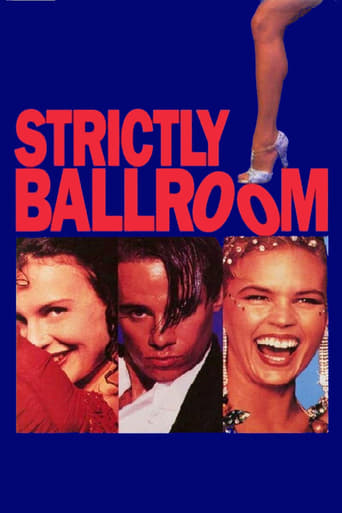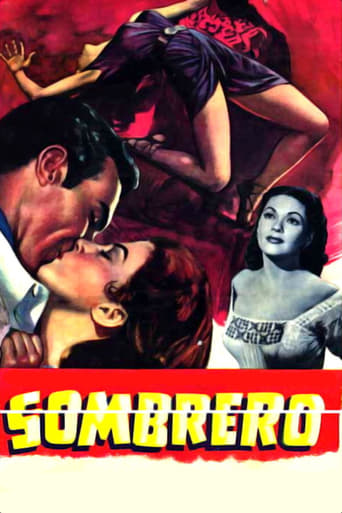The Band Wagon (1953)
A Broadway artiste turns a faded film star's comeback vehicle into an artsy flop.
Watch Trailer
Cast


Similar titles
Reviews
Best movie of this year hands down!
I love this movie so much
One of my all time favorites.
There is, somehow, an interesting story here, as well as some good acting. There are also some good scenes
I can't think of movie I've seen that feels more stuffed than "The Band Wagon."I don't mean stuffed with plot or characters or themes. I mean literally physically stuffed. Virtually every frame is so crammed with people, props, and scenery that one almost expects characters from the movie to come tumbling out of the screen into his living room. That all of this busyness feels like carefully controlled chaos rather than just outright chaos is a testament to the skills of director Vincente Minelli, not one of my favorites usually, but who is at the top of his game here. "The Band Wagon" is basically a love letter to itself and films like it, colorful, fun musicals that exist for no other reason than to entertain, which, the movie would suggest, is one of the best reasons for existing in the first place. It chronicles the efforts of a bunch of show-biz buddies to transform a dour, Faustian-themed musical into a peppy comedy, and is actually a really good examination of what happens when otherwise good artists are matched with the wrong material, something that happens quite often with films and which gives "The Band Wagon" a reflexive, meta quality.The movie is at its best when the show within the show is at its worst. Oddly enough, by the time the gang had pulled everything together and we get a glimpse of the finished product, grand finale fashion, I found myself pretty bored with what they had assembled, which is a bunch of disjointed musical numbers that leave the viewer wondering what on earth this musical is about in the first place.Fred Astaire stars, while Cyd Charisse provides him his other pair of feet. Nanette Fabray, in a supporting role, steals the show with her energetic chutzpah. The film also boasts one of the most bizarrely disturbing musical numbers in film history, with Astaire, Fabray, and Jack Buchanan dressed up as babies singing about how they want to shoot each other dead so they can be left alone.Nominated for three Academy Awards in 1953: Best Story and Screenplay (Betty Comden and Adolph Green), Best Costume Design (Color), and Best Musical Scoring.Grade: A
An absolute sparkling 1953 musical is The Band Wagon. The film just goes to prove that you can't have Faust plays turned into musicals, as they shall lay an egg as shone so beautifully on stage.Jack Buchanan just steals every scene that he is in as director De Cordova, the expert on Faust who falls for the idea of making a musical.Nanette Fabray and Oscar Levant are just perfect as the couple who wrote the original play, only to rewrite it for Faust and then go back to the necessary adjustments when the play opens on Broadway and is a disaster.Fred Astaire is the has-been actor who comes to N.Y. to do the play and Syd Charisse, a ballet dancer, becomes his partner in the production. The two can't get along but love as we know finds a way to bring them together.I'll Go My Way By Myself seems to be where Fred's career is at the beginning of this delightful film, with dance sequences wonderfully staged. That sure is entertainment!
In the early part of the twentieth century the divide between the theatrical branch and the cinematic branch of the acting profession was much greater than it is today, and relations between the two branches were not always cordial, with stage actors regarding the cinema as a vulgar pantomime and screen actors regarding theatricals as snobbish and pretentious. To judge by the barbed satire aimed at Broadway in "All about Eve", relations do not appear to have improved much by the early fifties, and "The Band Wagon" is another film from the same period designed to show that anything Broadway could do, Hollywood could do better. Even putting on a stage production.Tony Hunter is a song-and-dance Hollywood star who comes back East to take the lead in "The Band Wagon", a stage musical written by his friends, the husband-and-wife partnership of Lester and Lily Marton. (Tony is not only based upon but also played by Fred Astaire). Unfortunately, the production has fallen into the hands of Jeffrey Cordova, a pretentious, self-obsessed Broadway actor- director who wants to turn the Martons' light-hearted comedy into a portentous modern-day reinterpretation of the Faust legend. Predictably, Cordova's production turns out to be a total flop and its backers pull out, whereupon Mr Hollywood rides to the rescue. Tony offers to sell his personal art collection to refinance the show on condition he is given total artistic control. He ditches Cordova's ideas and restores the Martons' original conception; Cordova is enough of a good sport to recognise the justice of Tony's complaints and continues to act in the show. Equally predictably, Tony's production proves a rip-roaring success.A sub-plot deals with Tony's romance with the show's leading lady, a beautiful prima ballerina named Gaby. The two start off by taking an instant dislike to one another, but in that hoary old rom-com cliché (hoary even in 1953), hatred at first sight is always the prelude to true love. Gaby, in fact, already has a boyfriend, a choreographer named Paul, but as he proves to be a snobbish culture-vulture of the same stamp as Cordova, he can quite safely be discarded. So there we have it. Mr Hollywood proves that that he can direct a theatrical production better than any of those snooty Broadway types, and is rewarded for doing so by winning the heart of a girl young enough to be his daughter.A later Astaire musical, "Funny Face", was famously (and in my view wrongly), attacked by the film critic of "The Times" for its alleged "anti-intellectualism". (The film-makers' offence was to have poked fun at Jean-Paul Sartre, something of a sacred cow in the fifties). I felt, however, that the same charge could have been brought, with greater justice, against "The Band Wagon". I found myself sympathising with Cordova much more than I was supposed to. Certainly, the man has his faults, but at least he has some sort of artistic vision and respect for culture. Tony, by contrast, is all too obviously the sort of man who, when he hears the words "culture" or "artistic vision", reaches for his (metaphorical) revolver. We never get to see very much of what Cordova's "Faust" musical would have been like, but we see quite lengthy excerpts from the original version of the show, and it appears to be less a musical than a revue, a series of miscellaneous sketches with no unifying theme. The "Louisiana Hayride" number looks like a rip-off of "Oklahoma!", "Triplets" is a novelty comic song and the finale is an attempt to turn a Chandleresque hard-boiled detective story into a musical comedy. (Yes, it's just as bizarre as it sounds).According to one legend, the report on Astaire after his first screen test for RKO read "Can't sing. Can't act. Balding. Can dance a little," and (apart from the "balding" part) the same could have been said of his leading lady here, Cyd Charisse. OK, Cyd could dance more than just "a little"; she was a former ballerina who was perhaps the best female dancer in Hollywood at this period. She was also a great beauty who undoubtedly had the best legs in Hollywood, notwithstanding any claims to the contrary made on behalf of Betty Grable. She was not, however, a great singer or actress. The first of these problems could be overcome by dubbing her singing voice, but there was little anyone could do about the second. There is little chemistry between her and Astaire and the scene where they initially quarrel seems particularly contrived and artificial. This lack of chemistry is not necessarily simply due to the age gap; Astaire was to combine rather better with his co- star in "Funny Face", Audrey Hepburn, who was eight years younger even than Charisse.On the positive side, the whole thing is very professionally and slickly produced; Astaire shows that his dancing skills had not been diminished by his advancing years, although to be honest he was never a great singer. (There may be some truth in that RKO legend). There are some decent songs, such as "That's Entertainment!" and "Dancing in the Dark". The story, however, is not a very interesting one and merely serves as a framework on which to hang a very miscellaneous ragbag of song-and-dance numbers. "The Band Wagon", in the sense of the real-life film, has little more coherence than the fictitious stage show with which it shares a name. 6/10
The Band Wagon is directed by Vincente Minnelli and written by Alan Jay Lerner, Betty Comden and Adolph Green. Songs are written by Arthur Schwartz and Howard Dietz. It stars Fred Astaire, Cyd Charisse, Oscar Levant, Nanette Fabray and Jack Buchanan. Out of Metro-Goldwyn-Mayer, it's a Technicolor production with cinematography by Harry Jackson.Story tells of ageing musical star Tony Hunter (Astaire) whose cinema glory days appear to be well behind him. Upon the request of his friends Lester (Lavant) & Lily Martin (Fabray), he heads to Broadway to appear in a play they have written with him in mind. He hopes this will restart his career, however, the play's director, Jeffrey Cordova (Buchanan), changes the play into an arty interpretation of the Faust legend. Not only that, but he brings in prima ballerina Gabrielle Gerard (Charisse) to star in it, and Tony and Gabrielle don't exactly hit it off.One of the greatest musicals to come out of MGM, The Band Wagon makes up for what it loses in plot ingenuity, with quality songs, stunning choreography, bustling vitality and heart, big heart! Three parts of the film is made up of character building and said characters attempts to put a show on successfully in spite of behind the scenes worries. Then the final third then switches in mood with a different show and primary characters come to their respective destinies.Along the way we are treated to a series of wonderful song and dance routines, with the stand outs being "Be Myself," "A Shine on My Shoes," "That's Entertainment," "Dancing in the Dark," "I Love Louisa," "I Guess I'll Have To Change My Plan" and the joyously macabre, "Triplets." These are then crowned magnificently by "Girl Hunt," an elongated parody of noir-type crime movies from the golden era, where it's not just Fred and Cyd who sparkle, but the dance troupe around them also dazzle the eyes with some truly amazing moves.Where the big heart comes in to it is with Astaire's take on the role of Tony. It's very touching at times, full of nostalgia pangs for his former glories. He also has good comic timing, whilst readily able to laugh at himself as the (thin) narrative thread reminds him of his ageing years. The latter of which accounts for the not so great chemistry with the divine Charisse, but the film under Minnelli's active direction easily overcomes this tiny flaw. There's also some salt in the story in the observation of what goes on behind the scenes of a Broadway play, specifically the people pulling the strings.Big production for a big movie, all told, it's big entertainment, yes indeed. 9/10

